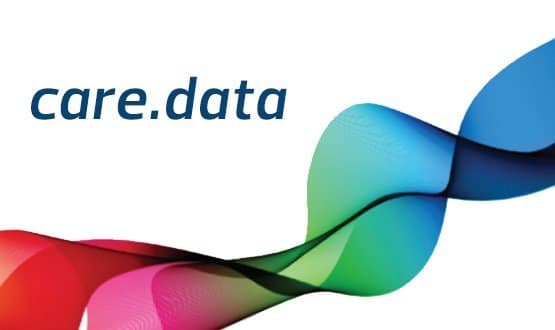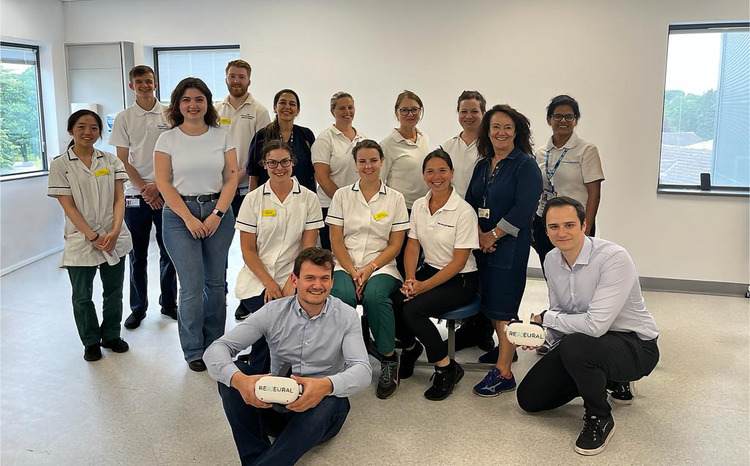Care.data delayed
- 18 February 2014

NHS England has announced a delay to the start of care.data extractions to allow more time to build public confidence in the scheme.
The first extractions from GP practices for the national database of patient information were due to begin next month, in a phased roll-out that would have covered the country by May.
However, public controversy regarding the programme has forced NHS England to delay the first extractions until the ‘autumn’.
A statement from national director for patients and information Tim Kelsey says patients need more time to learn about information sharing, the benefits and their right to object.
"NHS England exists for patients and we are determined to listen to what they tell us,” he said. “We have been told very clearly that patients need more time to learn about the benefits of sharing information and their right to object to their information being shared. That is why we are extending the public awareness campaign by an extra six months.”
Care.data involves extracting a new monthly dataset from GP practices and linking this with other datasets, such as the Hospital Episode Statistics, within the ‘safe haven’ of the Health and Social Care Information Centre.
Data will be published in aggregated anonymised form, released to researchers in pseudonymised form and, in some cases such as civil emergencies, released in identifiable form.
The data-sharing programme is supported by more than 40 UK medical charities, but has caused a storm of controversy as health professionals, patients and privacy campaigners have questioned how the data may be used in the future and the potential for confidential data to be leaked.
An information leaflet was sent to all households to explain the scheme in January, but a recent survey conducted by EHI found that half of the 145 readers who responded to the spot poll had not received the leaflet and 66% intended to opt themselves out.
NHS England says that by delaying the go-live until the autumn, it will allow more time to build understanding of the benefits of using the patient information, such as highlighting areas of poor care, and what safeguards are in place.
The board will work with patients and professional groups to “develop additional practical steps to promote awareness with patients and the public, and ensure information is accessible and reaches all sections of the community, including people with disabilities,” a statement says.
It will also look into further measures that could be taken to build public confidence, in particular steps relating to scrutiny of ways in which the information will be used to benefit NHS patients.
“In the meantime we will work with a small number of GP practices to test the quality of the data. This will be voluntary,” it adds.
The Royal College of GPs issued a statement last week calling on NHS England to provide urgent reassurance about the safeguards surrounding its new data-sharing programme, saying it was suffering a “crisis of public confidence”.
Professor Nigel Mathers, honorary secretary of the RCGP, thanked NHS England for listening to the concerns of RCGP members and for acting so quickly.
“The extra time will provide it with the chance to redouble its efforts to inform every patient of their right to opt out, every GP of how the programme will work, and the nation of what robust safeguards will be in place to protect the security of people's data,” he said.
The British Medical Association released a statement ealier this week calling on NHS England to do more to raise awareness of the implications of care.data.
A BMA spokesperson said today that the decision to delay extractions until the autumn will be of benefit to both patients and GPs.
Dr Chaand Nagpaul, chair of the BMA’s General Practitioner’s Committee, said: “With just weeks to go until the uploading of patient data was scheduled to begin, it was clear from GPs on the ground that patients remain inadequately informed about the implications of care.data.
“While the BMA is supportive of using anonymised data to plan and improve the quality of NHS care for patients, this must only be done with the support and consent of the public, and it is only right that they fully understand what the proposals mean to them and what their rights are if they do not wish their data to be extracted."
MedConfidential, which has led public opposition to the campaign among privacy campaigners, said NHS England had "seen reason" and it now needed to run a vastly improved publicity campaign.
"To upload millions of patients' confidential files without providing full and proper information or consent would have been the largest breach of confidence in NHS history," said co-ordinator Phil Booth.
"It still could be, if NHS England does not now write to each patient in England, individually by name, explaining the risks it has acknowledged as well as the claimed benefits. And this time, they'd better not forget to include an opt-out form."
Phil Booth, coordinator of medConfidential, said NHS England should use the delay to write to every patient explaining the risks and benefits of care.data and including an opt out form.
“This delay will mean nothing if the care.data programme is not overhauled to provide patients with a clear and constantly updated picture of exactly who will have access to their data, why and what for. The entire scheme could do with a radical dose of transparency," he said.




